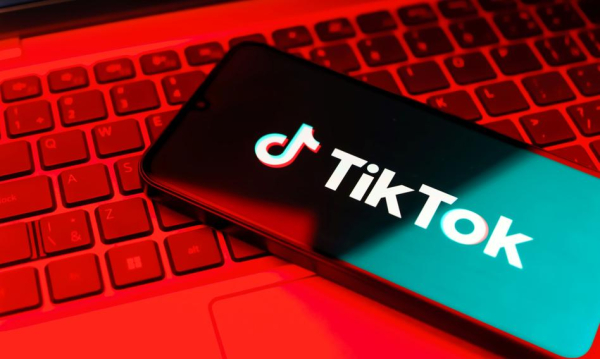Over the past few days, Egyptian authorities have arrested at least 10 popular TikTokers. The reason cited was that they violated Egyptian values and published immoral content. Human rights activists say this constitutes a crackdown on online content, particularly targeting women.

Egypt's interior ministry said the videos, which ranged from comedy sketches to beauty product advertisements and scenes from everyday life, contained “obscene language” and “violated public morality.”
The Egyptian Initiative for Personal Rights (EIPR) believes this is an attempt to control public discourse and has called on the authorities to stop prosecuting creators on “vague, ethical and classist charges.”
Advertisement See also: Hungry for profit? We serve hot companies on a virtual plate. Dessert? Real prizes!
Since 2020, EIPR has documented the prosecution of at least 151 people for “violating Egyptian family values.” Critics also point out that this latest crackdown targets artists from lower social classes who have gained popularity and wealth through social media.
TikTok has gained significant popularity in Egypt, especially among younger users, becoming the most important social media platform for content creation and monetization. It's estimated that in 2024, one in three Egyptians (over 41 million people) used TikTok. Thousands of local influencers use TikTok as their primary source of income. Many come from low-income backgrounds and use the platform to generate significant revenue from advertising and, above all, gifts received during livestreams.

The app's importance goes beyond financial considerations, and Egypt's authoritarian authorities, aware of TikTok's growing popularity and influence, are seeking to tighten their grip on the platform and its users. The government is particularly concerned about popular content that draws attention to its decisions or human rights records.
Observers suggest that the ambiguity of the allegations serves to control the presence of young women in the digital space, where they can gain popularity and financial independence. On the other hand, some users host live streams where they monetize erotic content.
There are also voices in Egypt that live broadcasts are being used to launder money from unknown sources.
On Saturday, Egypt's parliamentary telecommunications committee gave TikTok's regional board three months to adapt its content regulation rules to Egyptian socio-cultural norms. The decision is part of a broader trend in Africa, where countries like Nigeria and Kenya are also demanding that tech platforms adhere to national regulations and cultural norms. (PAP)
bye/ um/






